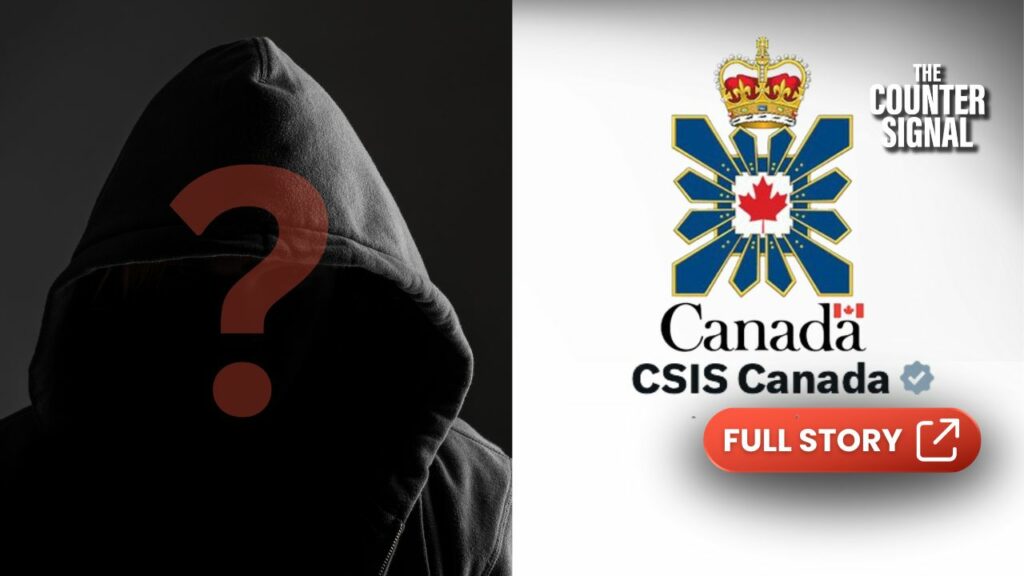Canada’s spy service is shifting its strategy in how it tracks instances of religiously motivated violence, moving away from identifying specific belief systems to a more generalized categorization that lumps it all together.

In a two minute video, the Canadian Security Intelligence Services (CSIS) said the main reason for the change is to avoid stigmatization of any particular group — an apparent priority for CSIS over the implications the change could have for Canada’s national security.
“Words matter, and the words we use to describe threats to our national security really matter,” stated CSIS.
“It’s no longer accurate to assume that people who commit extreme acts of violence are influenced by a singular belief system,” the update continued.
CSIS will no longer identify the religion or the ideology of the violent extremists. Why? 🤔 https://t.co/v7bptWFlNk
— Kat Kanada (@KatKanada_TM) February 13, 2024
CSIS further said the departure from terminology that unfairly singles out communities will be replaced with three broad descriptors: “Ideologically-motivated,” “Politically-motivated,” and, finally, “Religiously motivated violent extremism.”
The agency will also stop using “left-wing” or “right-wing” when describing acts of politically-motivated extremism.
CSIS spending 50% of resources towards Canadians with “anti-authority” views
A 2023 report from CSIS smeared Canadians who criticized Trudeau’s policies and Health Canada’s stance on COVID as “violent extremists.” The report highlighted the COVID-19 pandemic, and specifically those who challenged the government’s medical apartheid and health experts who pushed the “safe and effective” narrative, despite the Liberals later admitting that they didn’t really know if that was true.
“The COVID-19 pandemic exacerbated xenophobic and anti-authority narratives,” the report read, adding, “Violent extremists continue to exploit the pandemic by amplifying false information about government measures, the COVID-19 vaccine and the virus itself on the internet.”
Moreover, CSIS stated at the time that it now dedicates 50% of its country-terrorism resources towards “investigating this threat.”










